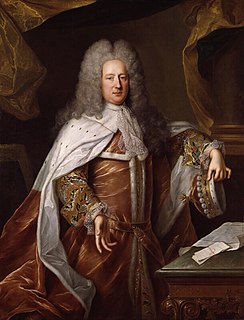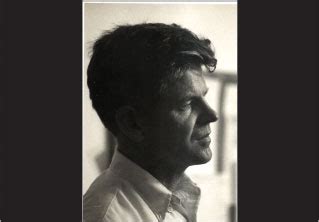A Quote by Francois de La Rochefoucauld
The name and pretense of virtue is as serviceable to self-interest as are real vices.
Related Quotes
Capitalism is based on self-interest and self-esteem; it holds integrity and trustworthiness as cardinal virtues and makes them pay off in the marketplace, thus demanding that men survive by means of virtue, not vices. It is this superlatively moral system that the welfare statists propose to improve upon by means of preventative law, snooping bureaucrats, and the chronic goad of fear.
Perhaps there is no other knowing than the mere competence of the act. If at the heart of one's being, there is no self to which one ought to be true, then sincerity is simply nerve; it lies in the unabashed vigor of the pretense. But pretense is only pretense when it is assumed that the act is not true to the agent. Find the agent.
Of all vices take heed of drunkenness; other vices are but fruits of disordered affections--this disorders, nay, banishes reason; other vices but impair the soul--this demolishes her two chief faculties, the understanding and the will; other vices make their own way--this makes way for all vices; he that is a drunkard is qualified for all vice.

































